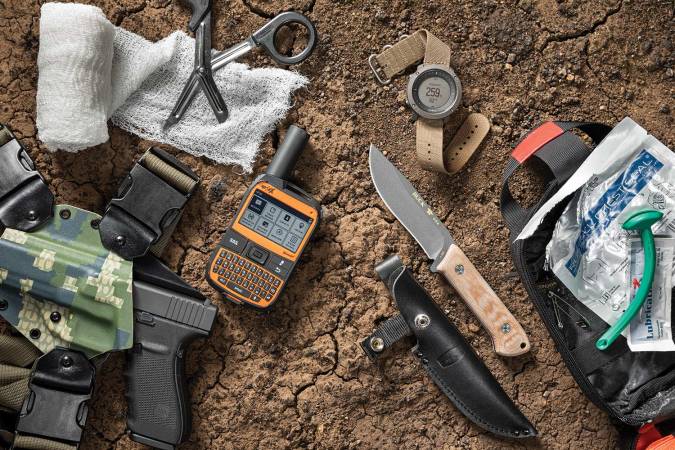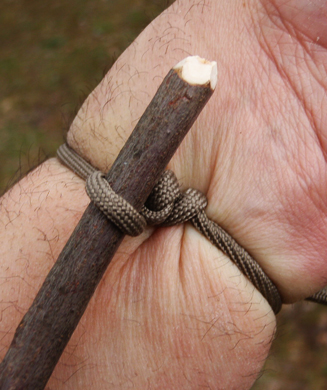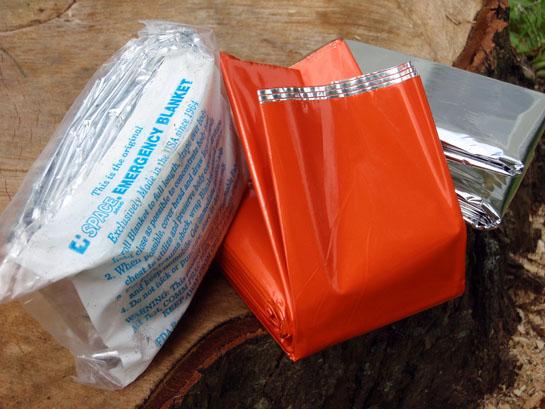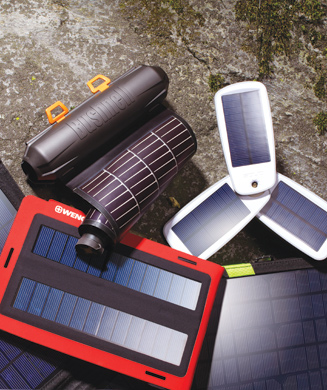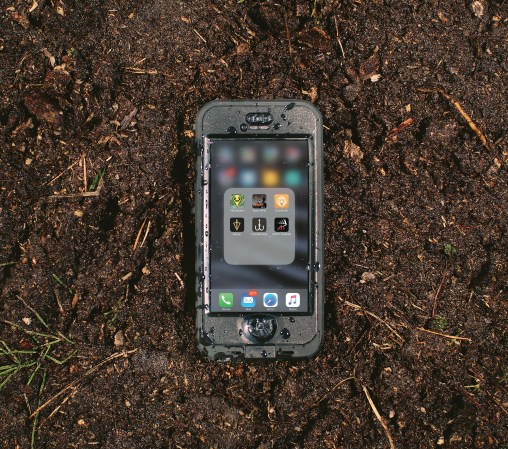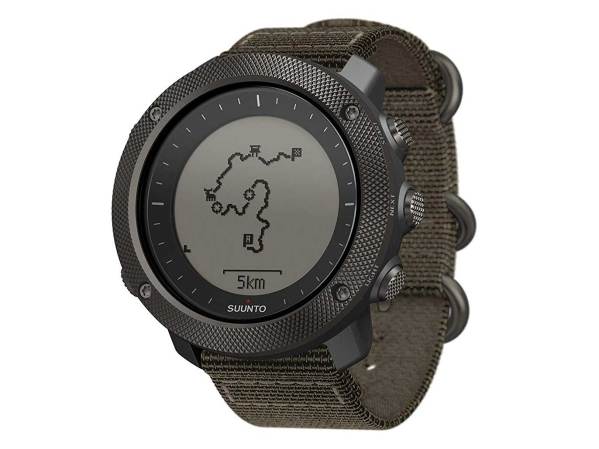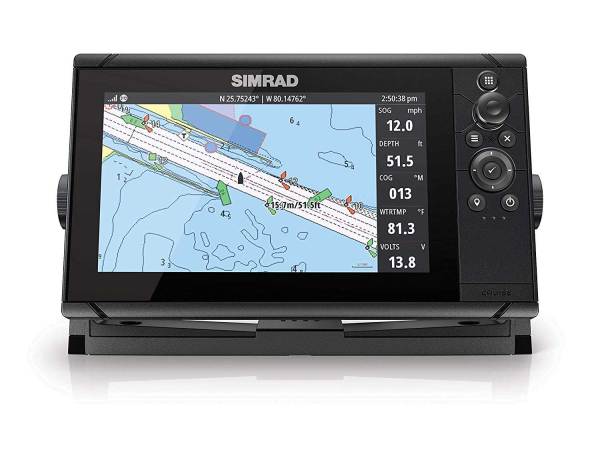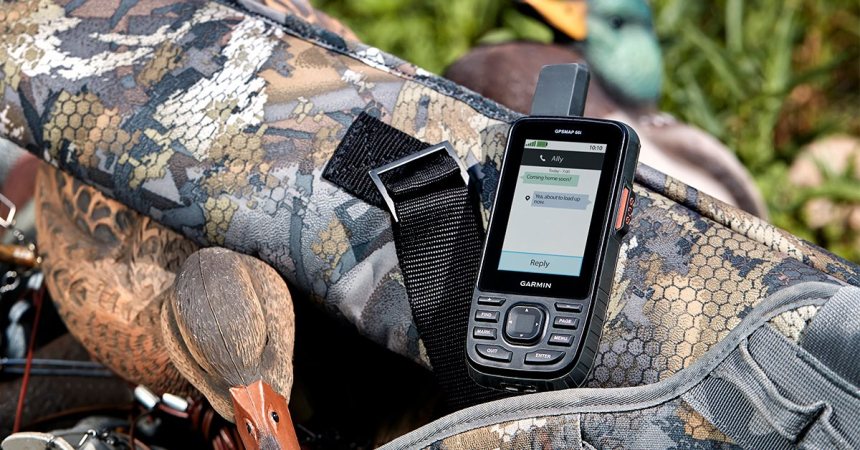We may earn revenue from the products available on this page and participate in affiliate programs. Learn More ›
Not bringing a GPS along when you hunt or fish is kind of like not having toilet paper. Sure, you can do that, but you’re only creating problems for yourself.
While GPS has improved much in recent years, it still has its limits. It’s easy to lose a signal in certain areas like mountains with heavy tree cover, at which point you’re blind unless you have some other means to navigate. Then there’s the issue of the vulnerability of the system that depends on satellites (31 of them at last count) that hang in the sky like sitting ducks should someone decide to take them out. This last concern is one that the military has and, should we somehow lose some or all our satellites to an attack, it would have tremendous repercussions around the globe.
The folks at the Defense Advanced Research Project Agency (DARPA), which helped to develop other handy items like the Internet, have been working on a system to replace GPS–one that doesn’t require satellites.
Working with scientists at the University of Michigan, they’ve developed a chip that would allow for accurate navigation even in caves or underwater. These chips are only eight cubic millimeters in size so you could easily lose one if you dropped it in the carpet. And according to this article, these chips “hold “three gyroscopes, three accelerometers and an atomic clock, which, together, work as an autonomous navigation system.”
Not only would this work great for sportsmen, but a chip of that size could easily fit in everyday items so that lost remotes and car keys would be a thing of the past.


